Paris attacks prompt a wary truce between Washington and Vladimir Putin
Barack Obama chatted amiably with Mr Putin at the G-20 summit, in stark contrast to the same gathering in 2014

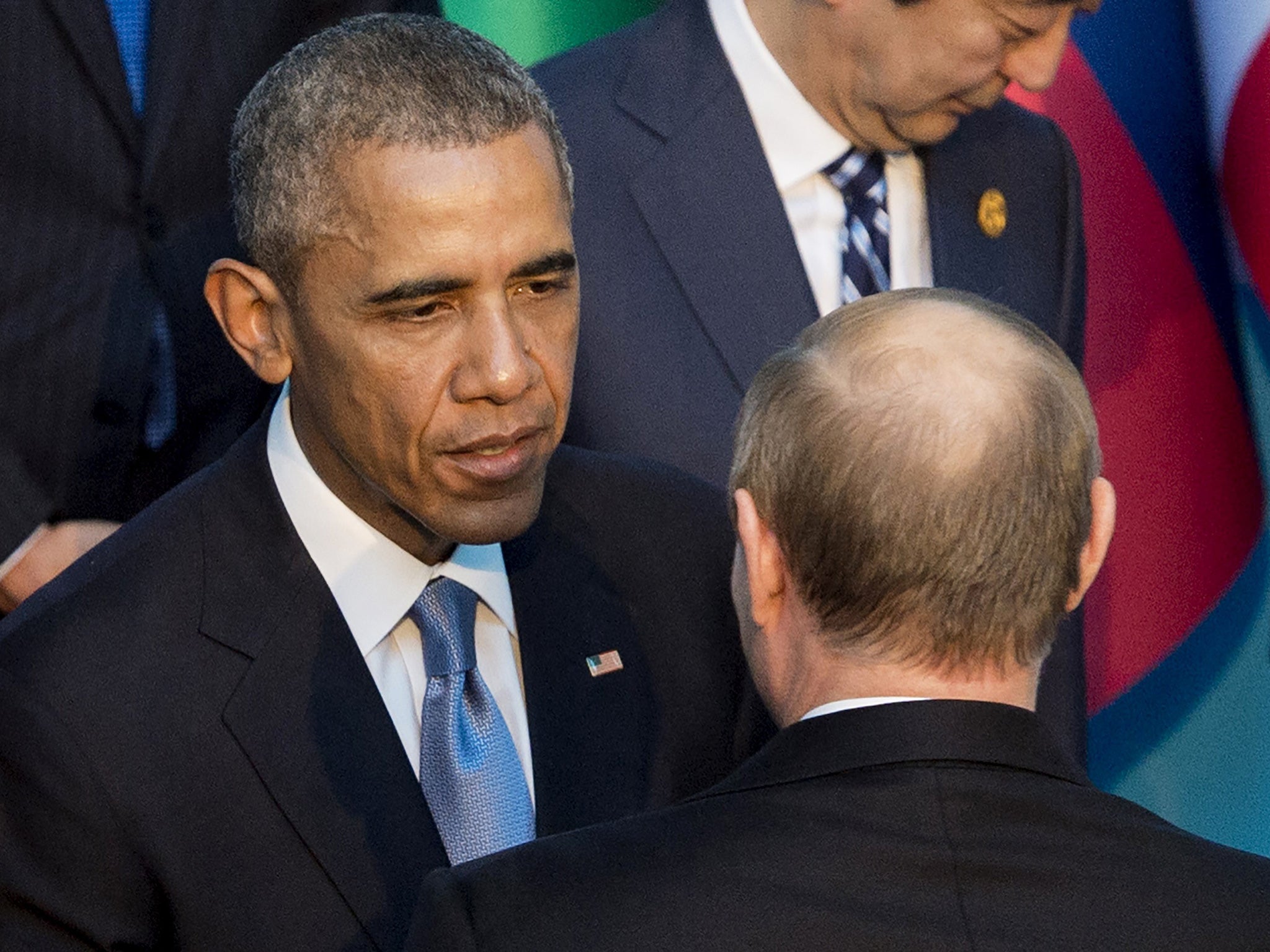
Despite growing pressure from foreign policy hawks, President Obama is as reluctant as ever to send large numbers of ground troops to fight Islamic State in Syria.
But the Paris terrorist attacks may lead to stepped-up US air strikes, a boost in the number of special forces working with Kurdish and other anti-Isis fighters – and, however warily, stepped up co-operation with Russia.
Gone is the criticism voiced in Washington when Russia began its own air strikes in Syria on 30 September, seen then by the US as a cynical ploy by Moscow, aimed less at hitting Isis than opponents of the regime of the beleaguered President Assad, Russia’s ally.
A thaw was also evident in the body language on display at the G-20 summit in Turkey, when Mr Obama chatted aimiably with President Vladimir Putin, so different from the same gathering in 2014, when the Russian leader was treated as a pariah because of the Ukraine crisis.
President Hollande of France has called on the US and Russia to join forces to defeat the “Islamic State”, and events are propelling them in that direction: above all Moscow’s acknowledgement that – as the US and Britain said early on – a bomb destroyed the Russian civilian jet over Sinai on 31 October.
As a result Moscow’s sights are now set on Isis. In return the US seems ready to soften its previous insistence that Mr Assad step down to clear the way for a Syrian peace deal, bringing its position closer to that of Moscow.
But a massive injection of US “boots on the ground” in Syria is unlikely. Probably rightly, Mr Obama calculates that despite the danger of a possible repeat of the Paris attacks on American soil, US public opinion remains opposed to a new Iraq-scale mission – as are many of his Republican critics too, for all their complaints the President has been weak and half-hearted in his approach to the Middle East turmoil. But analysts point out there is a middle way: stepped up air strikes and the deployment of substantially more US special forces to augment the “less than 50” whose despatch to Kurdish-controlled areas in northern Syria, was announced by the White House on 30 October. Both these steps however would almost certainly require closer working with the Russians.
At least as contentious are the domestic repercussions of the events in Paris, with presidential primaries now less than three months off. The first to suffer may be the 10,000 Syrian refugees that Mr Obama has promised to take in, as fears grow that this number could include Isis inflitrators.
“Slamming the door in their faces would be a betrayal of our values,” he declared in Turkey. But some Republican candidates now demand no Muslims from Syria be granted asylum, while 27 of 50 governors, all but one of them Republicans, have vowed not to allow refugees from Syria to settle in their states (even though they probably don’t have the power to enforce such an edict).
Paul Ryan, the new House Speaker, meanwhile has urged a “pause” in the Syrian programme, although, he was quick to add, “not for foreign policy reasons, but for reasons of security”.
The carnage in Paris, and Isis latest threats of a repeat in Washington DC have also upended the debate over domestic surveillance by US spy agencies. After Edward Snowden’s revelations, the pendulum had swung sharply in favour of privacy. Now it’s moving in the other direction. Scorning the “handwringing” over government electronic eavesdropping, John Brennan, the CIA director, said on Monday such leaks had made it harder to track down the “murderous sociopaths” of Isis.

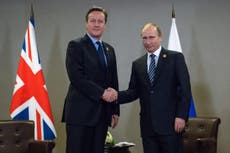
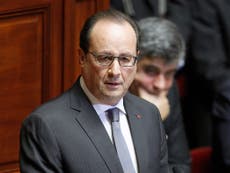
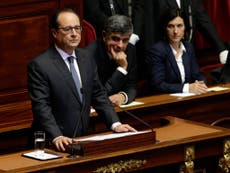
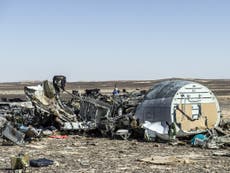
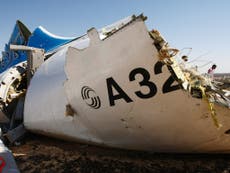
Join our commenting forum
Join thought-provoking conversations, follow other Independent readers and see their replies